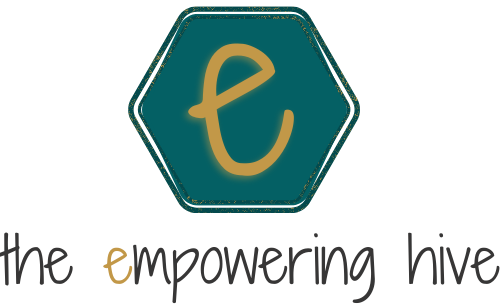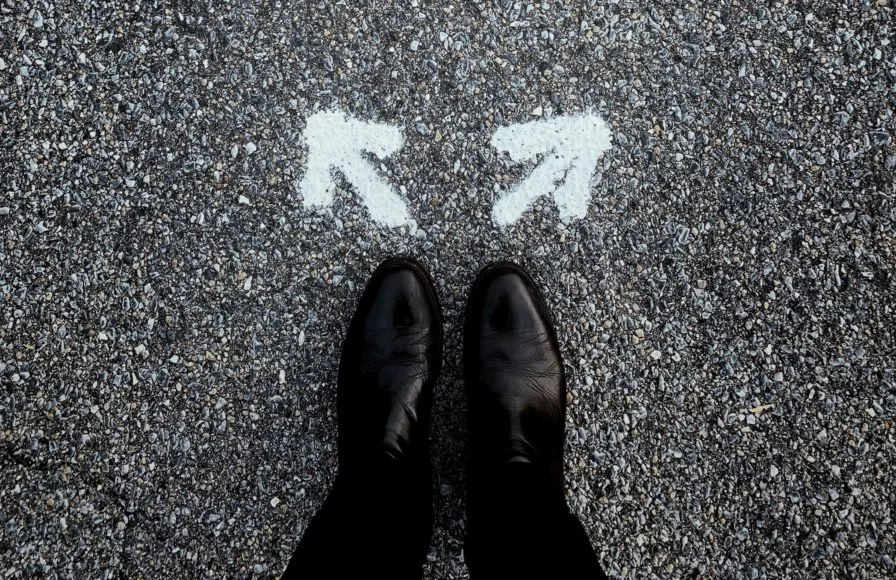To-be, or to-do; that is the question.
We live in a culture that rewards endless productivity. Yet many of us feel an ache beneath the hustle—the quiet knowing that “doing” has started to swallow “being.” This piece explores the to‑be‑or‑to‑do dilemma, why it shows up, how to recognise it in your own life, and how to honour a kinder balance without guilt.
What the dilemma really is
Lately I’ve noticed a common thread in clients and friends—and in myself. I call it the to‑be‑or‑to‑do dilemma: the compulsion to stay in Doing Mode so we can justify our existence, accompanied by guilt when we pause. We aren’t here to do nothing; life invites participation. But when productivity becomes proof of worth, rest feels suspicious and presence feels “unproductive”.
Doing is active. It moves projects forward, makes things happen, and can be deeply satisfying. In excess, it can harden into control, pushing, hustling, and resistance—“fake it till you make it” taken too far.
Being is receptive. It lets energy flow, allows life (or the Universe, Angels, Guides—use the language that fits you) to arrange what serves the highest good, and reconnects you with joy and meaning. In excess, it can drift into avoidance or passivity.
Like breath, both modes matter. Exhale (do). Inhale (be). Health lives in the rhythm between them.
How we lost the rhythm
Most of us were trained to equate busyness with value. Notifications, deadlines, and comparison amplify the bias. We push through signs that our body and spirit need replenishing. Over time, the system compensates with tension, irritability, and a dull background hum of “I should be doing more.” Even celebrations get cut short because we’ve already moved the goalposts.
The result: we confuse effort with effectiveness and forget the part of life that blooms only when we soften—serendipity, insight, creativity, timing, and the simple pleasure of being alive.
What it costs to over‑do
Chronic tension. Jaw, shoulders, sleep. Your body carries the weight of constant output.
Thin joy. Achievement without savour leaves you hungry after every win.
Forced timelines. When you push beyond your season, good ideas arrive undercooked.
Control masquerading as safety. Micromanaging everything squeezes out trust and flow.
None of this means Doing is wrong. It means Doing without Being is expensive.
The gifts of being (and the myths that block it)
When you honour Being, you let yourself rest, receive, notice alignment, and enjoy. You act from inspiration instead of obligation. The mind quietens enough for deeper guidance to surface. Relief follows—not because you’ve quit, but because you’re no longer resisting reality.
Common myths to release:
“Rest is lazy.” Rest restores the capacity to act wisely. It’s strategic, not sinful.
“If I stop, I’ll lose momentum.” Pausing protects momentum by preventing crash‑and‑burn cycles.
“Being means doing nothing.” Being includes presence in simple pleasures, reflection, prayer or meditation, and honest check‑ins about what’s aligned now.
Spotting where you’re sitting (be or do?)
Look at what life is mirroring back. Are you in a season of “Please! Give me a break!”? Do delays pile up despite your best effort? Are you forcing what doesn’t move? These are luminous hints that something wants to change. In the language many of us love: like attracts like. When we act from resistance, we often attract more resistance. When we return to Being—receiving, trusting, allowing—the path of least resistance becomes visible again.
Self‑inquiry cues (no judgement, just noticing):
What am I trying to prove by staying busy?
Where am I pushing against timing instead of partnering with it?
If I took guilt out of the picture, what would feel most kind today—to Be or to Do?
Where is life already flowing, and how can I cooperate with that?
Learning the alternation (when to act, when to receive)
Life is a succession of activity and passivity. There will be moments when the Universe clearly nudges you to act—and others when it closes a door and whispers, “Rest. Not this way.” Many spiritual traditions summarise this wisdom as “Rejection is protection.” What happens is often what is most convenient for our growth. Trust that a better alignment is in motion, even when the current plan falls apart.
When it’s time to act: you feel steady excitement, doors open with reasonable effort, and support appears. When it’s time to Be: you feel tight, results require force, and your body says “not now.” Listening avoids unnecessary struggle and keeps you available for the right opportunities.
Examples from everyday life
Career: You’ve been forcing a pitch that never lands. After weeks of strain, you exhale, step back, and spend a day reconnecting with why you began. In that quieter space, a different idea surfaces—simpler, truer. You send it without theatrics. It lands.
Relationships: You’re pushing a difficult conversation out of fear it will be “too late.” You pause, ground, and wait for a calm window. The talk is honest and kind, not rushed. Repair becomes possible.
Health: You planned an intense training block, but your sleep is off. You choose an easier week, cook nourishing food, and walk outside. Energy returns—and the next phase is stronger.
Being didn’t “fix” everything. It cleared the noise so Doing could be effective again.
Allowing endings (so better beginnings can arrive)
If you keep trying what isn’t working, consider letting it fall apart. That isn’t failure; it’s compost for the next chapter. The Universe often redirects by closing paths that don’t belong to you anymore. Loosen your grip. Relax the timeline. Make room for a better match.
A gentle prayer or intention you might like: “Show me the aligned path and help me trust the timing.” Then keep your eyes open for the small, ordinary signs—the email you didn’t expect, the quiet yes in your body, the sense of relief when you stop pushing.
Give yourself permission (without guilt)
It’s okay to rest. It’s okay to enjoy your life without earning it first. It’s okay to be in a receptive season and let inspiration refill the well. When you act again, it will be from clarity, not compulsion.
If guilt kicks in, remind yourself: I am allowed to be a human being, not only a human doing. Your worth doesn’t fluctuate with productivity. Paradoxically, the more you trust that, the more meaningful your actions become.
A simple way to integrate balance this week
No hacks, no rigid systems—just a friendly cadence:
Choose one evening to truly switch off (phone away, slow dinner, something that delights you).
Choose one clear action that moves a valued goal forward.
Alternate them through the week. Notice how allowing and acting support each other.
This isn’t about achieving the perfect balance. It’s about remembering you have both gears—and using them with love.
Resources & next steps (gentle, optional)
Coaching: map a simple routine and reduce anxiety‑driven friction
Holistic therapies & Bach Flowers: personalised emotional support
Master Stress (e-book): practical strategies to calm mind and body, free with Kindle Unlimited
Daily Digital Self‑Care Oracle: quick check‑ins to reset during the day
Printable Self‑Care Oracle: for journalling and mindful prompts
Bach Flower Remedy 30ml: custom blend delivered in Australia
Coaching reflection
To close, a question to sit with:
What is this constant need of doing something trying to fill in, in me?
Journal honestly. Let the answer be tender and incomplete. Often, naming the truth loosens the compulsion to over‑do.


